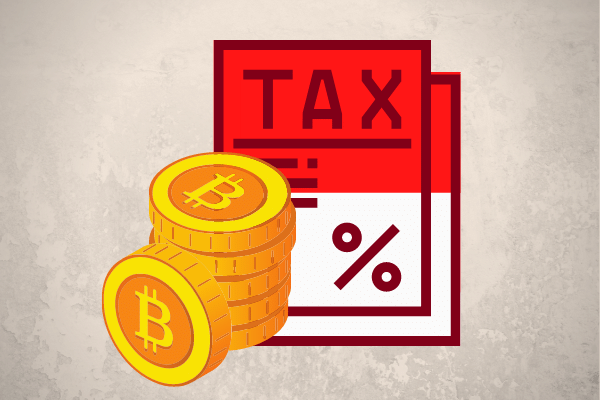U.S. Treasury Department Clarifies Cryptocurrency Taxes
2 min read- U.S. Treasury Department said to be clarifying cryptocurrency provisions in the US$550 billion infrastructure bill to limit the fallout to digital asset brokers only
-
Greater clarity over cryptocurrency disclosure requirements will be welcomed by the cryptocurrency industry as Washington sees a new source of tax revenue from the nascent asset class
While a bipartisan push to limit the extent to the cryptocurrency tax disclosures embedded in the US$550 billion infrastructure bill failed to make any inroads, the Biden administration’s Treasury Department looks set to weigh in and save the skins (and some dollars) of cryptocurrency firms.
Concerns over a provision in the bipartisan infrastructure bill passed by the U.S. Senate last week, that would make practically all stakeholders in the cryptocurrency ecosystem liable to report transactions over US$10,000 are likely to be pared down by the U.S. Treasury Department.
According to a Bloomberg report, the Treasury is likely to only require companies it considers brokers to report cryptocurrency transactions to the Internal Revenue Service.
Other firms key to the US$2 trillion cryptocurrency market, from developers to miners, to hardware and software providers likely won’t have any new reporting burdens, so long as they don’t act as brokers.
But the Treasury guidance won’t grant blanket exemptions based on how firms identify themselves and will instead focus on whether a firm’s activities qualify them as a broker according to existing tax law.
The cryptocurrency industry welcomed the prospect of a clarification by the U.S. treasury Department, especially as it appears that proposed amendments to the US$550 billion infrastructure bill to clarify the cryptocurrency provisions at the House, are unlikely to succeed.
At its core, cryptocurrency industry players and advocates objected to what they have described as overly vague language in the infrastructure bill’s cryptocurrency provisions, that could impose burdensome reporting requirements on a nascent industry that is focused on innovation.
But the Treasury guidance could help deliver more clarity over what the definition of a broker is, especially as it relates to cryptocurrencies and will also depend on how aggressively the IRS implements the guidance.
The clarification is part of a broader push by the Treasury Department to crack down on tax cheats, with more officials in the Biden administration pointing to cryptocurrencies as a major loophole in the existing tax system, but may also inspire other governments to follow suit.
The post U.S. Treasury Department Clarifies Cryptocurrency Taxes appeared first on SuperCryptoNews.








